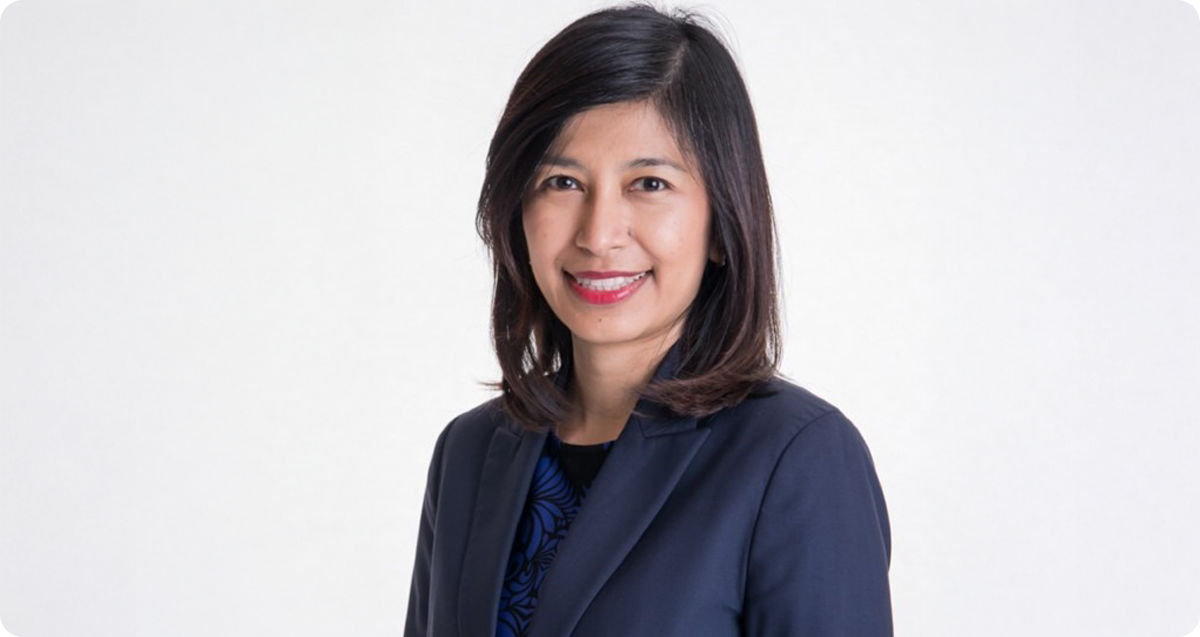July 16, 2025
From global carbon markets to AI-powered growth and cutting-edge food labs, Singapore is positioning itself as the pulse industry’s next big launchpad. Amreeta Eng, Executive Director at Enterprise Singapore, lays out how the city-state is emerging as a leading hub for sustainable protein and new global demand.


Ms Amreeta Eng, Executive Director at Enterprise Singapore, sees pulses as key to future global food trade.
Singapore has made remarkable progress as a global commodities trading hub, doubling both our offshore trade and exports over the years. Today, we are home to about 400 global traders dealing in all major classes of products, from agri-commodities and consumer goods to metals and energy products.
While anchoring trade flows in Singapore was our initial focus and remains important, what I am particularly proud of is how we have worked with these companies to deepen their presence beyond trading. Take the pulses sector, where Singapore manages 30-40% of global trade flows. We have supported leading pulses companies to expand beyond their trading operations – where they are establishing innovation centres and sustainability teams in Singapore to develop new products for Asian markets and drive their global sustainability initiatives.
We are also creating new opportunities for commodity players, including pulses companies, to participate in the growing carbon markets. The recently launched Carbon Markets Academy of Singapore (CMAS) is a key initiative to develop talent and thought leadership in carbon services and trading.
READ THE FULL ARTICLESingapore manages 30–40% of global pulse trade flows, anchored by world-class port and logistics infrastructure.
From AI hubs to test kitchens, Singapore is fast becoming a launchpad for next-gen pulse-based products.
Disclaimer: The opinions or views expressed in this publication are those of the authors or quoted persons. They do not purport to reflect the opinions or views of the Global Pulse Confederation or its members.